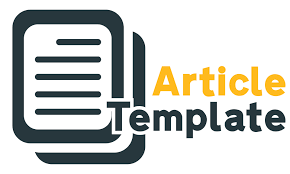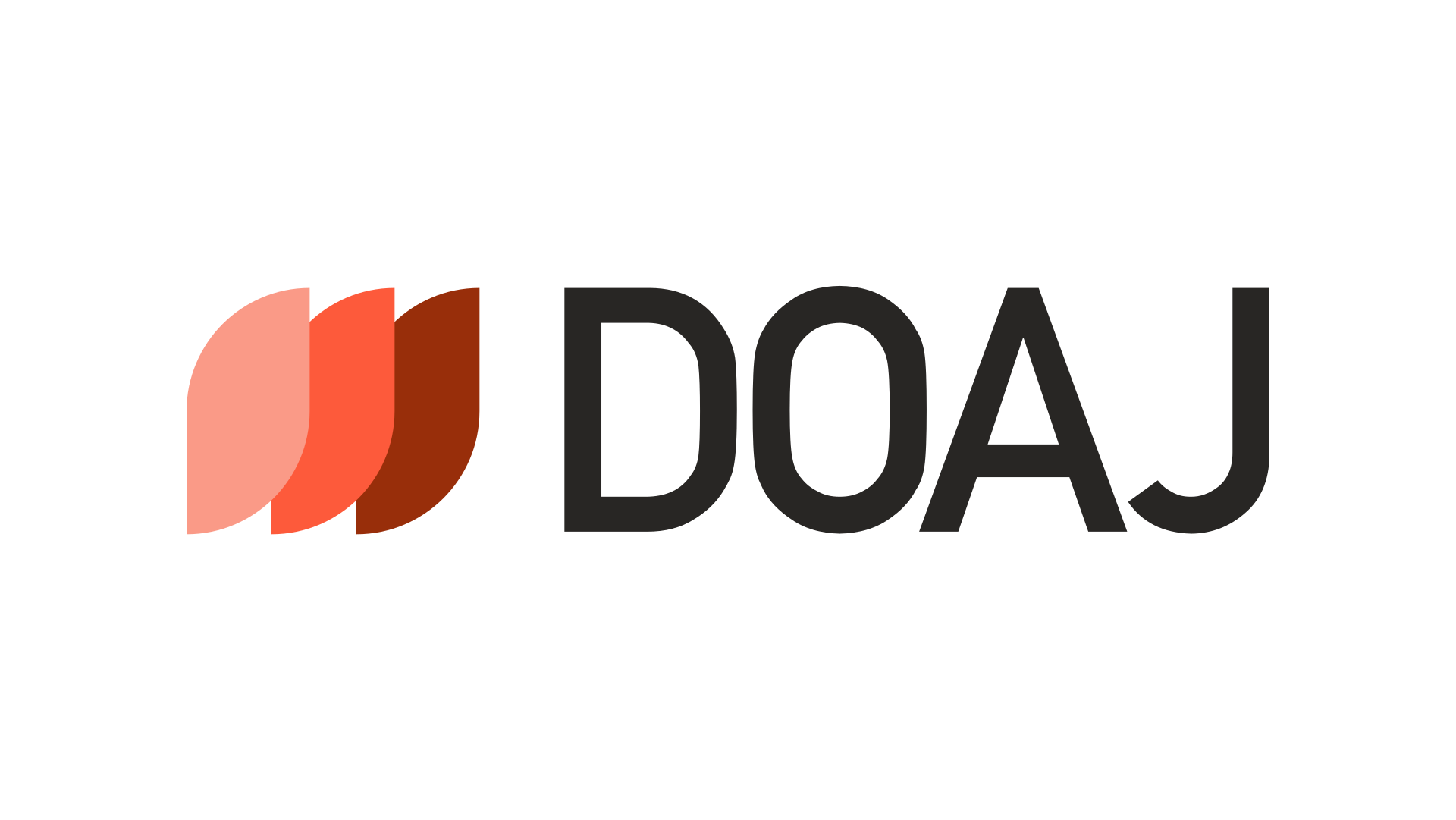Potential and challenges of blockchain technology implementation in Higher Education: A systematic literature review
DOI:
https://doi.org/10.38043/revenue.v5i1.5580Keywords:
Blockchain, Higher Education, TechnologyAbstract
This study examined the potential applications and challenges of implementing blockchain technology within higher education systems. Blockchain, known for its decentralized and immutable nature, attracted significant interest due to its ability to provide secure, transparent, and efficient data management. In the context of higher education, blockchain has the potential to revolutionize academic record management, enhance verification processes, prevent fraud, and ensure the authenticity of credentials. This systematic literature review identified key use cases, such as academic credentialing, student data management, and the protection of intellectual property in research. Despite its promising potential, the adoption of blockchain in higher education, particularly in Indonesia, remained in its early stages. The study discussed major obstacles to implementation, including technical limitations, high costs, limited awareness, and regulatory barriers. Addressing these challenges required further research and collaboration between academic institutions, government agencies, and technology providers to enable widespread adoption. The review emphasized the need for a comprehensive framework to guide the practical implementation of blockchain, ensuring its benefits could be fully realized in educational environments.
References
Articles
Aini, Q., Rahardja, U., Puji, N., Santoso, L., & Oktariyani, A. (2021). Aplikasi berbasis blockchain dalam dunia pendidikan dengan metode systematics review. CESS (Journal of Computer Engineering System and Science), 6(1), 58-66. http://dx.doi.org/10.24114/cess.v6i1.20107
Alam, T., & Benaida, M. (2020). Blockchain and Internet of Things in Higher Education. Universal Journal of Educational Research, 8(5), 21642174. https://doi.org/10.13189/ujer.2020.080556
Bahga, A., & Madisetti, V. K. (2016). Blockchain Platform for Industrial Internet of Things. Journal of Software Engineering and Applications, 09(10), 533546. https://doi.org/10.4236/jsea.2016.910036
Chen, G., Xu, B., Lu, M., & Chen, N.-S. (2018). Exploring blockchain technology and its potential applications for education. Smart Learning Environments, 5(1). https://doi.org/10.1186/s40561-017-0050-x
Darma, G. S., Putu, N., & Krismajayanti, A. (2020). Challenges and strategies to encourage women to be entrepreneurs in the industrial revolution era. Review of Management, Accounting, and Business Studies, 1(1), 9-16. https://doi.org/https://doi.org/10.38043/revenue.v1i1.2663
Dirwan, A. (2020). Perguruan tinggi yang berkualitas merupakan bagian dari konsep kemandirian. Jurnal Mitra Manajemen, 4(2), 7679.
Fernndez-Carams, T. M., & Fraga-Lamas, P. (2019). Towards next generation teaching, learning, and context-aware applications for higher education: A review on blockchain, IoT, Fog and edge computing enabled smart campuses and universities. In Applied Sciences (Switzerland), 9(21). https://doi.org/10.3390/app9214479
Grther, W., Kolvenbach, S., Ruland, R., Schtte, J., Ferreira Torres, C., & Wendland, F. (2018). Blockchain for Education: Lifelong Learning Passport. European Society for Socially Embedded Technologies (EUSSET). https://doi.org/10.18420/blockchain2018_07
Hoy, M. B. (2017). An introduction to the blockchain and its implications for libraries and medicine. Medical Reference Services Quarterly, 36(3), 273279. https://doi.org/10.1080/02763869.2017.1332261
Kaur, K. (2024). Blockchain Technology in Education: Applications and Challenges. Cross-Currents: An International Peer-Reviewed Journal on Humanities & Social Sciences, 10(4), 128133. https://doi.org/10.36344/ccijhss.2024.v10i04.003
Kirilova, D., Maslov, N., & Astakhova, T. (2018). Prospects for the introduction of blockchain technology into a modern system of education. International Journal of Open Information Technologies, 6(8), 3137.
Lame, G. (2019). Systematic literature reviews: An introduction. Proceedings of the International Conference on Engineering Design, ICED, 2019-August, 16331642. https://doi.org/10.1017/dsi.2019.169
Lasmawan, I. W. (2019). Era disrupsi dan implikasinya bagi reposisi makna dan praktek pendidikan (Kaji Petik Dalam Perspektif Elektik Sosial Analisis). Jurnal Media Komunikasi Pendidikan Pancasila Dan Kewarganegaraan, 1(1), 5465. https://doi.org/https://doi.org/10.23887/jmpppkn.v1i1.13
Nespor, J. (2018). Cyber schooling and the accumulation of school time. Pedagogy, Culture & Society, 27(3), 325341. https://doi.org/https://doi.org/10.1080/14681366.2018.1489888
Nugraha, A. C. (2022). Penerapan Teknologi Blockchain dalam Lingkungan Pendidikan. Produktif: Jurnal Ilmiah Pendidikan Teknologi Informasi, 4(1), 302307. https://doi.org/10.35568/produktif.v4i1.386
Oka, M., & Syeira, C. P. O. (2022). PENGGUNAAN TEKNOLOGI BLOCKCHAIN DALAM BIDANG PENDIDIKAN. Produktif Jurnal Ilmiah Pendidikan Teknologi Informasi, 5(2), 437442. https://doi.org/http://dx.doi.org/10.35568/produktif.v5i2.1259
Pidada, I. A. Y. S. D. U. (2023). Digital marketing communication strategy of rinjani trekking tour packages at Muji Trekker Tour & Travel. International Journal of Social Science, 3(2), 223240. https://doi.org/10.53625/ijss.v3i2.6305
Price, T. (2019). The Blockchain Cryptocurrency Effect. MBA515 MiniPaper, 3, 15. https://www.researchgate.net/publication/330638189
Purnama, S., Aini, Q., Rahardja, U., Puji, N., Santoso, L., & Millah, S. (2021). Design of Educational Learning Management Cloud Process with Blockchain 4.0 based E-Portfolio. Journal of Education Technology, 5(4), 628635. https://doi.org/10.23887/jet.v5i4.4
Ramos, C. R. S., & Queiroz, M. M. (2022). Blockchain in education: the influence of trust on adoption and implementation. RAUSP Management Journal, 57(3), 316331. https://doi.org/10.1108/RAUSP-06-2021-0097
Rooksby, J., & Dimitrov, K. (2019). Trustless education? A blockchain system for university grades 1. Ubiquity The Journal of Pervasive Media, 6(1), 8388.
Sukirman, & Sari, M. P. (2012). Peran internal audit dalam upaya mewujudkan good university governance di UNNES. Jurnal Dinamika Akuntansi, 4(1), 6471. http://journal.unnes.ac.id/index.php/jda
Turkanovi, M., Hlbl, M., Koi, K., Heriko, M., & Kamiali, A. (2018). EduCTX: A blockchain-based higher education credit platform. IEEE Access, 6, 51125127. https://doi.org/10.1109/ACCESS.2018.2789929
Wu, Y. L., & Li, E. Y. (2018). Marketing mix, customer value, and customer loyalty in social commerce: A stimulus-organism-response perspective. Internet Research, 28(1), 74104. https://doi.org/10.1108/IntR-08-2016-0250
Yumna, H., Murad Khan, M., Ikram, M., Noreen, S., & Sabeen, R. (2019). Use of blockchain in Education: A systematic Literature Review. https://doi.org/http://dx.doi.org/10.1007/978-3-030-14802-7_17
Books
Grech, A., & Camilleri, A. F. (2017). Blockchain in Education. Publications Office of the European Union. https://doi.org/https://dx.doi.org/10.2760/60649
Kasali, R. (2008). Manajemen Public Relations: Konsep dan Aplikasinya di Indonesia (7th ed.). Pustaka Utama Grafiti.
Kitchenham, B. (2004). Procedures for Performing Systematic Reviews. https://www.researchgate.net/publication/228756057
Nakamoto, S. (2008). Bitcoin: A Peer-to-Peer Electronic Cash System. www.bitcoin.org
Perkasa, R. D. (2020). Modul Ekonomi Koperasi. Fakultas Ilmu Tarbiyah dan Keguruan.
Rosyadi, S. (2018). Revolusi Industri 4.0: Peluang dan Tantangan Bagi Alumni Universitas Terbuka. www.merdeka.com
Schwab, K. (2016). The Fourth Industrial Revolution. World Economic Forum. www.weforum.org
Schwab, K., & Howell, W. L. (2015). World Economic Forum Annual Meeting 2015 The New Global Context.
Webpages
Asosiasi Penyelenggara Jasa Internet Indonesia. (2022). Hasil Survei Profil Internet Indonesia 2022. https://apjii.or.id/content/read/39/559/Hasil-Survei-Profil-Internet-Indonesia-2022
Downloads
Published
How to Cite
Issue
Section
License
Copyright (c) 2024 Gusi Putu Lestara Permana, Komang Ayu Widyani Martatika

This work is licensed under a Creative Commons Attribution-ShareAlike 4.0 International License.











